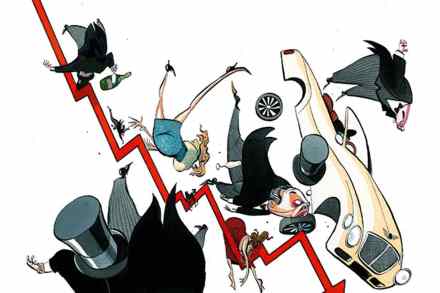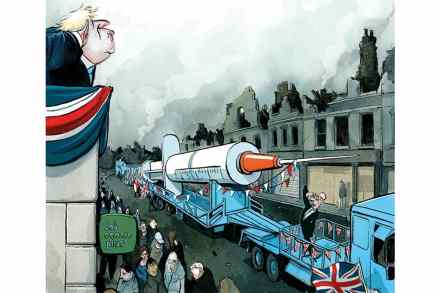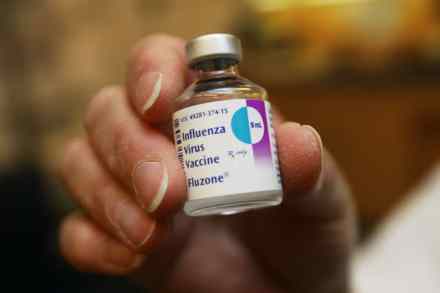Javid avoids Tory fightback – for now
Tory MPs were not happy when Sajid Javid unveiled the Covid winter plan in the Commons this afternoon. They’re dissatisfied with the government holding so many powers – such as vaccine passports, further lockdowns and other restrictions – in reserve as part of its Plan B, which will be activated this winter if cases breach what the NHS can cope with. The Health Secretary explained Plan B thus: ‘It is absolutely right that the government have a contingency plan, and the trigger, so to speak, for plan B, as I mentioned in my statement, would be to look carefully at the pressures on the NHS. If at any point we deemed them




















